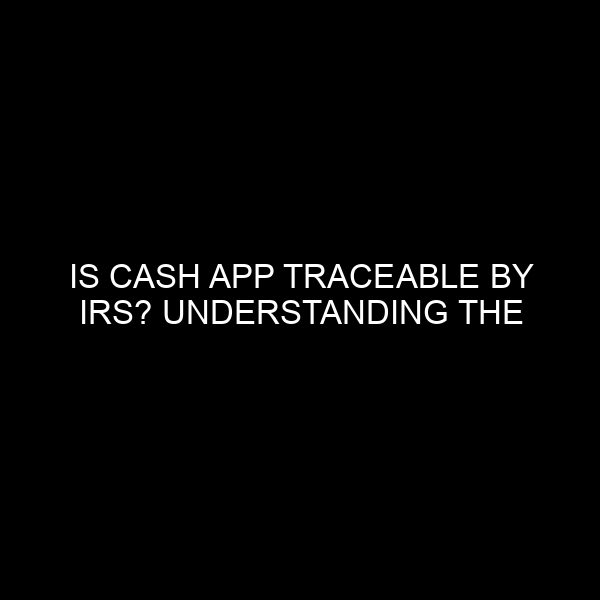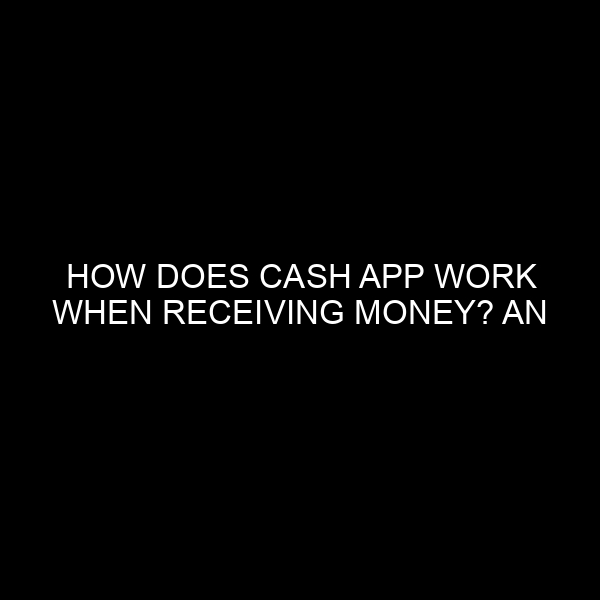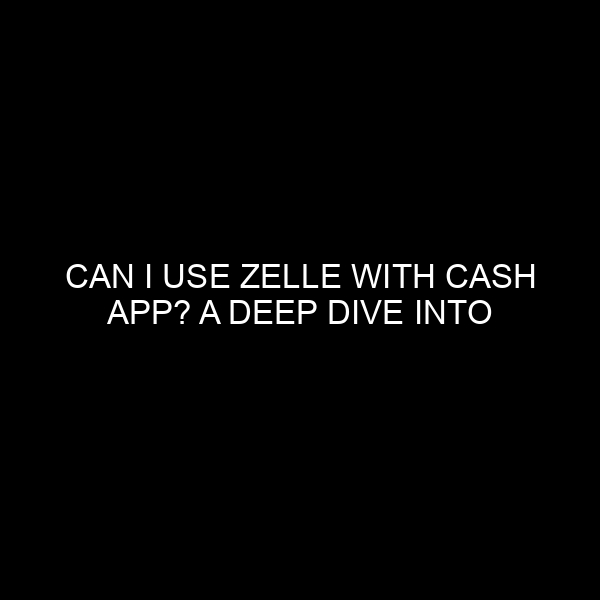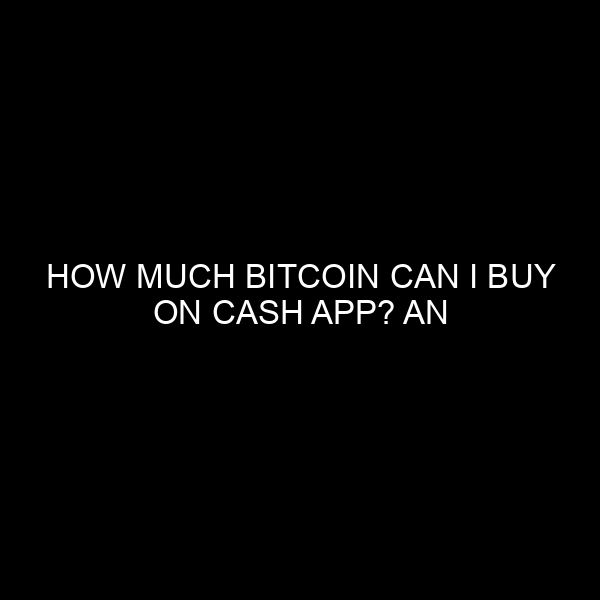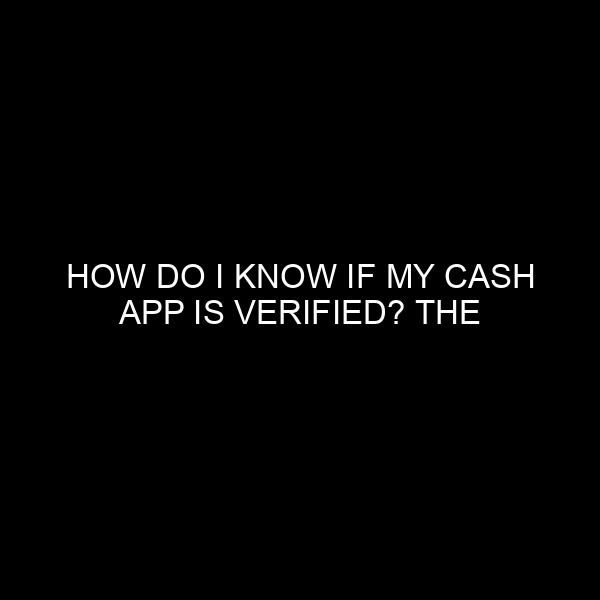Is Cash App Traceable by IRS? Understanding the Nuances of Digital Transactions
The digital age has transformed the way we conduct transactions. With a touch on a screen, we can send and receive money, pay for services, or even invest in stocks. One of the leading platforms facilitating these kinds of transactions is the Cash App. But like anything related to money, questions about privacy, security, and most notably, tax implications arise. The most common query that many have is: Is Cash App traceable by the IRS?
Cash App and Its Popularity in the Financial Landscape
Before diving deep into its traceability, it’s essential to understand what Cash App is and its position in the financial market. Launched by Square Inc., a financial services and mobile payment company, Cash App was designed to be a simple peer-to-peer payment system. Its user-friendly interface, coupled with features like investing in stocks or Bitcoin, has earned it significant traction among millennials and other age groups. In the banking industry, platforms like Cash App are seen as the future of swift and uncomplicated financial transactions.
The Basics: Every Financial Transaction Leaves a Trail
No matter how technologically advanced or seamless a transaction seems, there’s always a digital footprint left behind. Traditional banks have always been under the purview of various regulatory bodies, ensuring transparency and traceability. The same goes for digital transaction platforms like Cash App. But how deep does this traceability go when it comes to the IRS?
Cash App and the IRS: How They Intersect
- Form 1099-B: If a Cash App user receives more than $600 in a calendar year, either through the app’s personal or business functionalities, Cash App is mandated to issue a Form 1099-B. This form details the user’s yearly transactions and is sent both to the individual and the IRS. This ensures that any significant amount of money received or sent through the app is reported and traceable.
- Bitcoin Transactions: With the rise in cryptocurrency popularity, many users leverage Cash App to buy or sell Bitcoin. The IRS treats Bitcoin and other cryptocurrencies as property for tax purposes. Thus, if you’re involved in selling Bitcoin on Cash App, there might be capital gains implications. Again, a Form 1099-B will be issued for these transactions.
- Record Keeping: Cash App, like any other financial institution, maintains a detailed record of all transactions. If required for investigative purposes or audits, these records can be provided to the IRS or other authorized entities.
Personal Transactions vs. Business Transactions
A distinction must be made between personal and business transactions. For most individual users who occasionally send or receive money, the likelihood of the IRS taking a keen interest is relatively low. However, if you’re using Cash App for business purposes, such as receiving payments for goods or services, it’s imperative to maintain proper records and report income correctly. The IRS is more likely to trace business transactions, especially if they appear suspicious or if a business reports figures that don’t align with what’s recorded by Cash App.
Enhanced Regulatory Scrutiny
Digital platforms like Cash App are under increased regulatory scrutiny, given their rapid rise and the potential for misuse. Anti-money laundering (AML) rules and Know Your Customer (KYC) policies are stringent for platforms like these. As such, while Cash App offers an added layer of convenience, it does not provide an escape from the prying eyes of the taxman.
Best Practices for Users
- Maintain Transparency: Always report your income, be it from traditional banking sources or digital platforms like Cash App.
- Document Everything: Ensure you have records of all transactions, especially if you’re using the platform for business purposes.
- Consult with a Tax Advisor: If you’re unsure about any tax implications related to your Cash App transactions, it’s always a good idea to consult with a tax professional.
Conclusion
Cash App, like any other financial transaction platform, is not a secret haven from the IRS. Every transaction is traceable, and as a user, it’s essential to be aware of the tax implications of any significant transactions made through the app. As the digital landscape continues to evolve, so do the regulations surrounding it. Staying informed and practicing transparency are the keys to ensuring you’re on the right side of the law.
